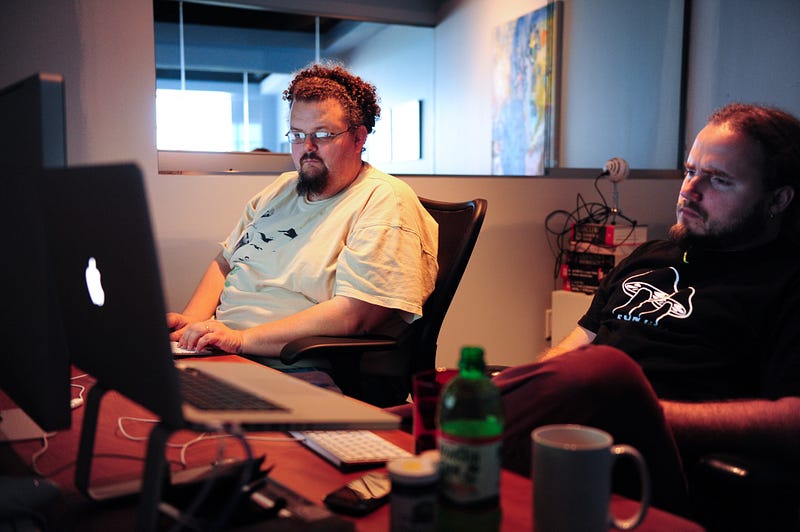The Myth of the Best Programming Language: An In-Depth Look
Written on
Chapter 1: Understanding Programming Beyond Syntax
Programming is not merely about learning a specific language; it encompasses much more than just writing code. Understanding the fundamental concepts is crucial. The initial step involves comprehending the problem that one aims to solve with software. Once the problem is clear, you can determine if it is solvable through software.
After confirming that a software solution is viable, the next phase is to devise a plan. This involves deconstructing the problem into manageable sub-problems and solving them using logical reasoning. Interestingly, no programming language is utilized at this early stage. Instead, an abstract representation of the program's logic is created.
Once the planning is complete, the actual coding can commence. However, it's imperative to select the most appropriate programming language for the task at hand. Researching which language fits which scenarios is essential, and numerous resources, including opinions from language creators, are available to guide this decision.
Unfortunately, many people reduce programming to merely the coding aspect. While this may suffice for smaller projects, thorough preparatory work is critical, especially for larger endeavors. I frequently encounter situations where I must navigate projects that lack proper foundational work, forcing me to invest considerable time understanding the existing code and the original intent of the author.
There is no universally superior programming language to learn for coding. As is often stated, a programming language serves merely as a tool for translating your ideas and strategies into a format that machines can understand.
Nonetheless, certain programming languages offer robust Integrated Development Environments (IDEs) that streamline the process and can ease the learning of syntax. For instance, Visual Studio supports multiple languages, while NetBeans and Eclipse, originally designed for Java, have adapted well for various other languages.
In addition to comprehensive IDEs, there are simpler editors that can assist in learning syntax. Notable mentions include the newcomer Visual Studio Code and Atom, along with classic tools like vi.
However, mastering syntax does not equate to mastering programming. Proficiency in using a language correctly does not guarantee the ability to program logically, efficiently, and with a clear objective.

Chapter 2: The Role of IDEs and Learning Environments
In this insightful video titled "The Worst Programming Language Ever," Mark Rendle explores the various programming languages and their effectiveness in real-world applications.
Another thought-provoking video, "If You're Not Writing a Program Don't Use a Programming Language," delves into the importance of understanding when to utilize programming languages effectively.